Urban Spatial Strategies: Land Market, and Segregation
Policy Dialogues Venue: Room 1 - Cine Alfredo Pareja Casa De La Cultura- National Institute Of Urban Planning (INU); The Urban Planning Society Of China (UPSC)..
- Alice Siragusa Policy Unit 6 Co-lead Italy’s National Institute Of Urbanism (INU) Italy

- Maria Regina Rau de Souza Architect And Urban Planner Porto Alegre City Hall Brazil

- Maryse Gautier Auditor General Ministry Of Housing And Sustainable Habitat France
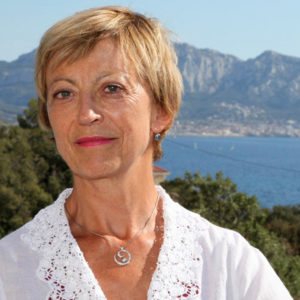
- Nadime Yaver Director Of Public Space Defense Administrative Department DADEP Colombia
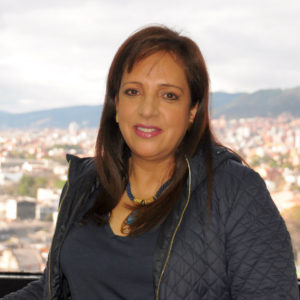
- Pietro Garau Coordinator International Projects Italy’s National Institute Of Urbanism (INU) Italy
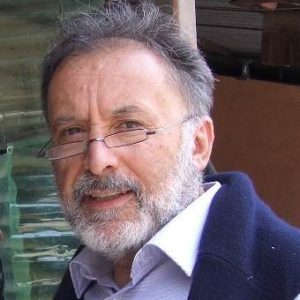
- Sameh Wahba Director For Urban And Territorial Development Disaster Risk Management And Resilience The World Bank Egypt
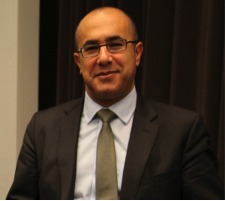
- Sara Hoeflich de Duque Programme Manager United Cities And Local Governments (UCLG) Germany
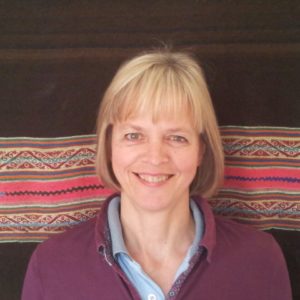
- Shi Nan Secretary-general And Vice President Urban Planning Society Of China (UPSC) China
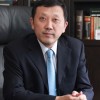
- Shivani Chaudhry Executive Director Housing And Land Rights Network (HLRN) India
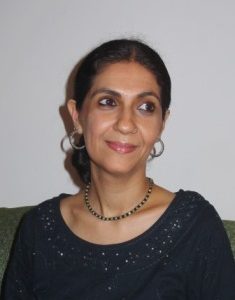
- Thomas Kemper Scientific/ Technical Officer Global Human Settlements Layer Project Joint Research Centre European Commission Italy

Planning to Implement the New Urban Agenda
The Dialogue will start by discussing the New Urban Agenda’s recognition that sound planning is a key instrument for achieving sustainable urban development.
Experts from different geographical fieldsand disciplines will help develop this paradigm by exploring different areas of implementation such as appropriate design, public transport, technology, public space, urban analysis, resource mobilization, environmental protection, participatory governance, monitoring, and evaluation.
Panelists will illustrate practical experiences, visions, and proposals on how to implement the New Urban Agendaat the city and regional levels. Offering perspectives from different regions and fields of expertise, the dialogue will stimulate a debate on how the New Urban Agenda can be implemented in less developed countries facing the consequences of rapid urbanization, while taking advantage of contributions inspired by innovative technologies. The dialogue will also attempt to answer questions about potential synergies between the New Urban Agenda and other international agreements.
Guiding Questions
· How can poorer cities and countries fund the implementation of sustainable urban spatial strategies within the implementation of the New Urban Agenda?
· Why is land so often used to create inequality and segregation instead of being a resource for public investment?
· Sound planning and design can make the difference between land waste coupled with socially irresponsible urban growth, and quality cities. Have we managed to bring the point across? How can this realization give new urgency to our commitments in the implementation of the New Urban Agenda?
· Is it time for a public space-led approach to urbanization?
· What partnerships are you and /or your organization prepared to put in place to implement the New Urban Agenda?
